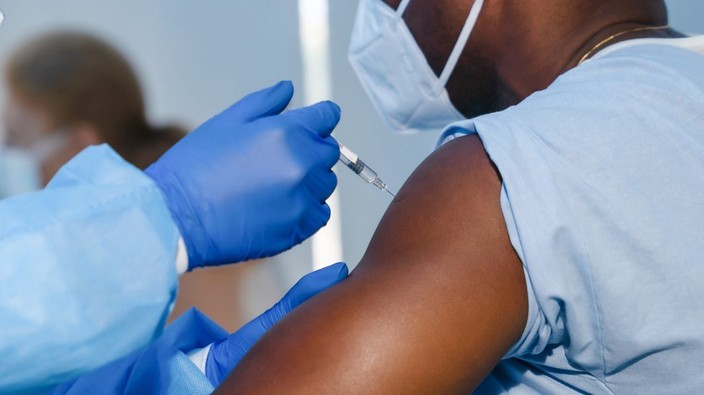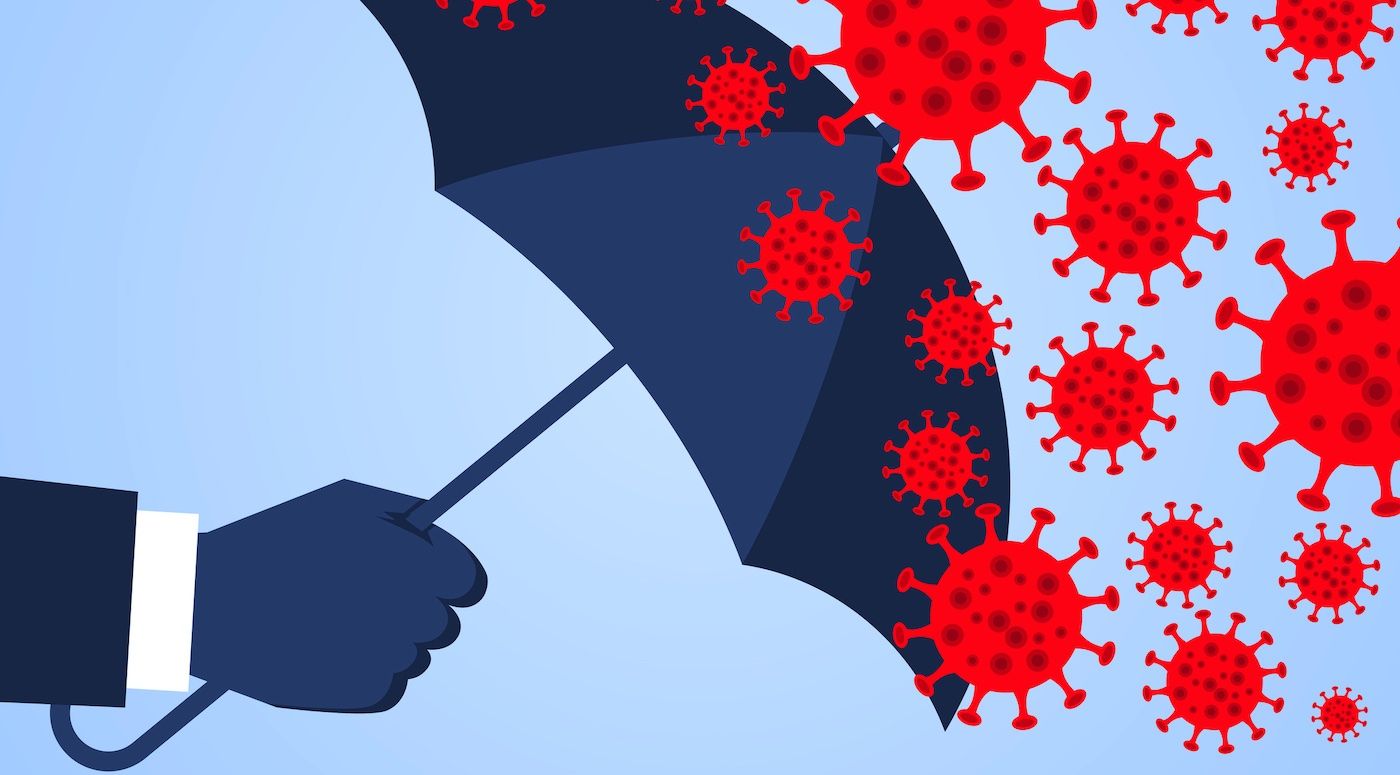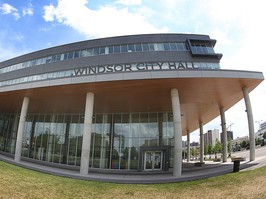they found that essential workers and people with good or better health status were more likely to get vaccinated within four months of the eua, as were older individuals with higher income or education levels. respondents who knew someone who had fallen ill or died from the disease were twice as likely to have received their first dose.
“these findings should encourage people to share stories about their covid-19 illness and bereavement experiences with their friends and family as well as through social media as it may motivate people to be vaccinated,” said irina grafova, co-author of the study a health economist at rutgers school of public health. “it also can help public health professionals design educational strategies to improve calls to action for vaccination.”
according to researchers, renewed efforts are required to increase uptake among younger adults and those with lower levels of education or living in lower-income households, the groups most likely to not have been vaccinated in the four months following the eua. for these populations and others, the study suggests that peer pressure may be a more effective tactic than scientific data.
“most health behaviours, including exercise, smoking and drug use, are subject to peer influence, so it is not surprising that vaccine use is also socially patterned,” said paul duberstein, co-author of the study and chair and professor in the department of health behaviour, society and policy at rutgers school of public health. “we need to stop acting like people rationally make vaccine decisions by themselves based on a careful weighting of the evidence.”
 3 minute read
3 minute read









